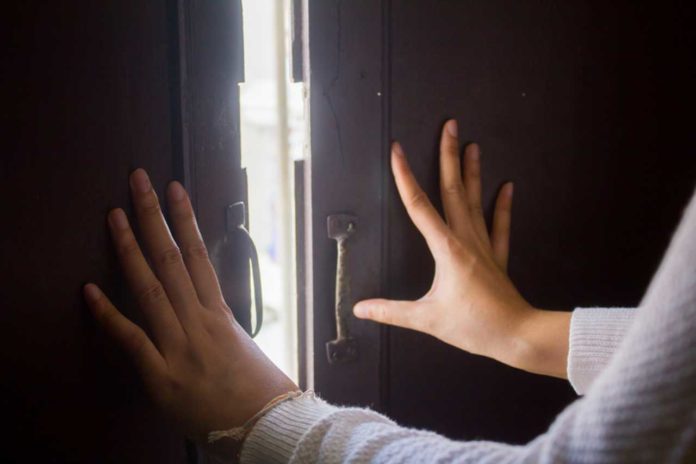We sometimes forget what we were supposed to do as soon as we enter a room.
Consider this situation: Ohh, you forgot your pen in the bedroom. You decide the situation calls for a pen, so you get up and head to the bedroom.
But when you arrive in the room, you suddenly stop and start wondering: Why I came in here? What was I supposed to do here?
You tried to remember the reason, and at the end, you added the full stop to the thinking, giving up and head back to the hall without bringing back the pen.
If you think that it happens to you only, then no, you are not alone. This happens to almost everyone.
The phenomenon is referred to as the doorway effect. Previous research suggests that such a forgetting effect occurs both at physical boundaries and metaphysical boundaries.
A recent study by the Bond University has shown that the doorway effect or location updating effect is not as pronounced as previously thought. It occurs when the brain is working hard.
The study offers an entirely new perspective on the phenomenon.
Scientists wanted to determine what happened in the brain while the effect was in action. To do so, they primarily need to replicate the earlier tests.
Scientists asked participants to wear virtual reality headsets and move through various rooms in a 3D virtual environment during the study. They had to memorize objects such as a blue cone and a yellow cross on tables in each room and then move from one table to the next.
Sometimes the next table was in the same room, and sometimes it was in another room entered through an automatic sliding door.
Oliver Baumann, an Assistant Professor of Psychology at Bond University, said, “At first we couldn’t find the doorway effect at all, so we thought maybe people were too good — they remembered everything. So then we made it more difficult and got them to do backward counting tasks while moving around to load up their working memory.”
“Forgetting did now occur, telling us that overloading the participants’ memory made them more susceptible to the effect of the doorway. In other words, the doorway effect only occurs if we are cognitively in a vulnerable state.”
“We believe this is because, in our experiments, the rooms were designed to be visually identical. There was no change of context happening when crossing a doorway, as was the case in the previous studies.”
Dr. Baumann believes it is therefore not the doorway that triggers forgetting but transitioning to a different environment.
He said, “A good example is moving around in a department store. Taking the elevator between retail levels may not affect our memory, but moving from retail to the carpark might cause us to forget something we need to buy. The brain compartmentalizes memories from different environments and contexts.”
“If the brain thinks it is in a different context, then those memories belong in a different network of information. Overall that gives us greater capacity than if you have just one gigantic workspace where everything is connected. But there is a cost to that. By transitioning between compartments, we can lose things.”
Dr. Baumann said, “it was possible to “immunize” yourself against forgetting. If we are single-minded in what we want to do, nothing will stop us from remembering. But if we have multiple things going on, forgetfulness becomes noticeable.”
Journal Reference:
- McFadyen, J., Nolan, C., Pinoy, E. et al. Doorways do not always cause forgetting: a multimodal investigation. BMC Psychol 9, 41 (2021). DOI: 10.1186/s40359-021-00536-3
